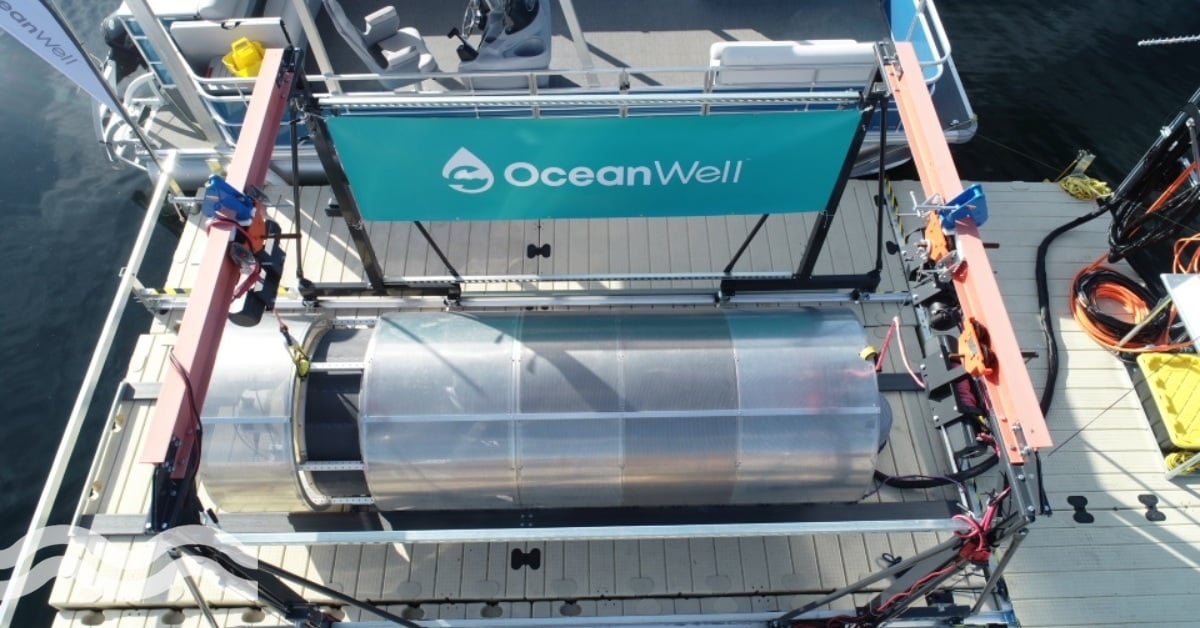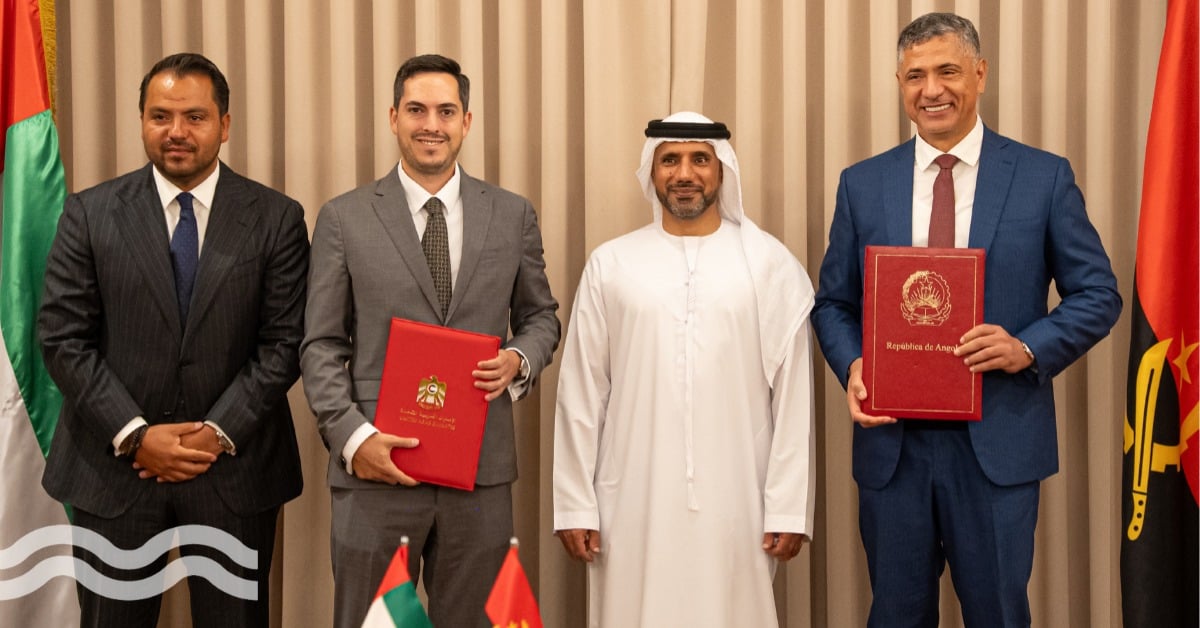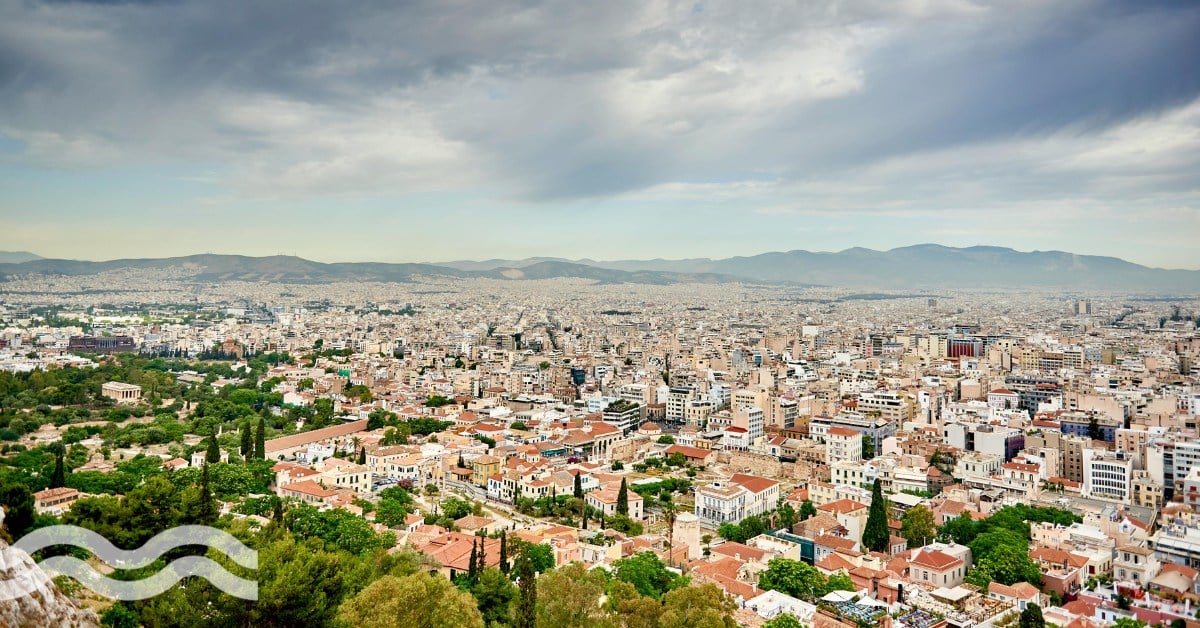Desalination securing Algeria’s future water security
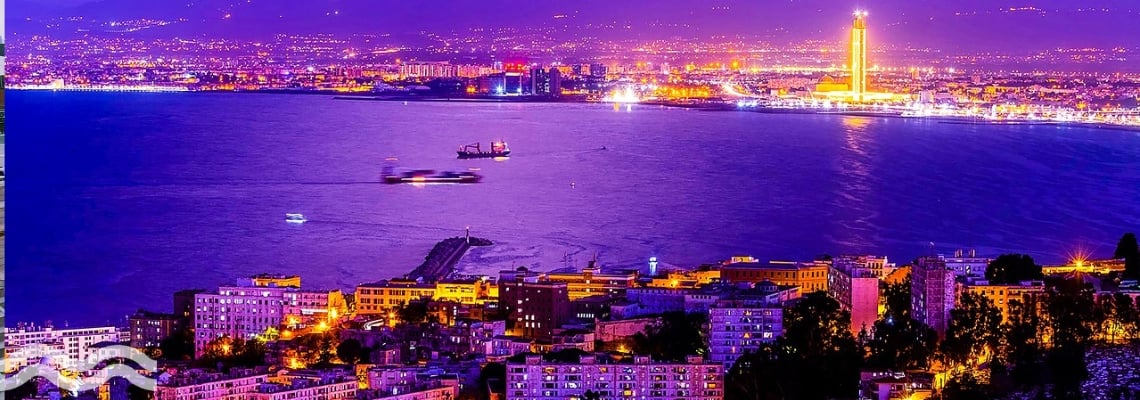
Water security in Algeria will be strongly linked to desalination processes with six seawater reverse osmosis (SWRO) plants planned to open by 2030 as part of a €2.85 billion investment.
Huge investment in desalination
The decision to move forward with construction forms the second phase of the country's latest water desalination expansion project. The first phase consisted of the construction of five desalination plants that will be operational from the end of 2024.
The cost of the two phases is estimated to total €5.13 billion. The plants will be managed by the Algerian Energy Company, which will then supply the clean water to the state-owned distribution company Algérienne Des Eaux at a cost that is estimated to fall somewhere between €0.37 and €0.72 (52 and 100 Algerian dinars) per cubic meter.
Increasing the country's drinking water production
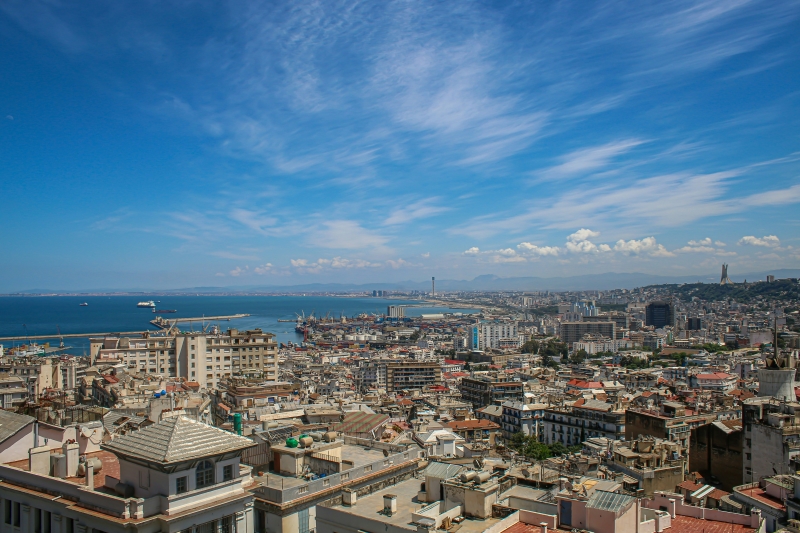 Like many countries, Algeria has suffered from climate-related challenges. The country's north experiences a Mediterranean climate, while the south is largely a desert climate. Rainfall rates differ dramatically between the two different environments. Currently, freshwater largely comes from coastal aquifers and other groundwater sources.
Like many countries, Algeria has suffered from climate-related challenges. The country's north experiences a Mediterranean climate, while the south is largely a desert climate. Rainfall rates differ dramatically between the two different environments. Currently, freshwater largely comes from coastal aquifers and other groundwater sources.
Prior to five phase one plants beginning operation, the existing plants in Oran, Tipasa, Boumerdes, Bejaia, and El Tarf were producing 18 per cent of Algeria's drinking water at a rate of 2.2 million m3/day.
By the end of phase one, Algeria will be producing 3.7 million m3/day. SWRO will then be producing 42 per cent of the countries drinking water. By the time the planned other desalination plants are operating, this capacity will have increased to 5.8 million m3/day. By this stage, desalination plants will be producing 60 per cent of the country's fresh drinking water.
Utilising other forms of water
Prior to the announcement of the new desalination plants, the minister for Hydraulics, Taha Derbal, had told National Defense Committee of the People's National Assembly (APN), that the country needed to expand its use of treated wastewater from purification plants, according to a report on the Dzair Tube website.
Algeria's economy has been growing on the back of its agricultural output, a substantial consumer of water, and the minister explained that reusing treated wastewater needed to be explored further for both farming and industrial use. The minister was reported to have called for a 60 per cent reuse rate for wastewater.
Local membrane production
The increased desalination production capacity builds on efforts to further increase water security by locally producing reverse osmosis membranes, rather than relying on imports.
The Algerian Energy Company has signed agreements with a number of international membrane companies to facilitate the local manufacturing of these crucial semi-permeable membranes.
With the construction of desalination plants in the region on the increase and likely to be a mainstay in meeting future water needs, the ability to produce membranes locally will not only strengthen the country's water security, but it will also boost job creation and be boon to the economy.
